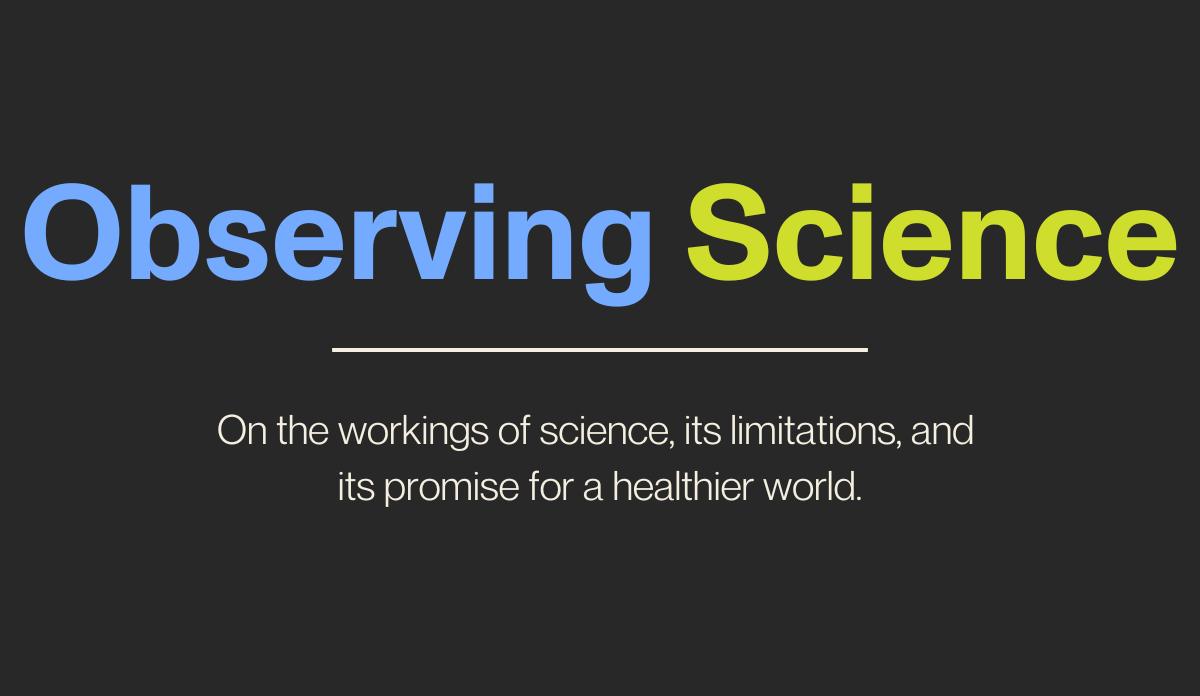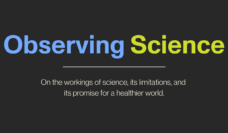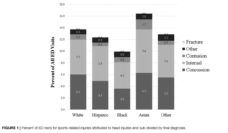Now that the Super Bowl is over, American football’s attention is focused on the draft to select a group of new players. The players, trained and developed across hundreds of universities, are chosen to join those already on the roster to make what could become–is expected to become–a better team. At every draft turn, the team chooses the “best available” player who might add an important piece, looking to strengthen the team’s prospects. And, most of the time, as new players are added, teams get a bit better, play at a higher level.
In the best circumstance, science operates as a team, and it is the addition of new scientists who bring new ideas, new ways to play, that advance our understanding. Thought of in this way, science is a shared undertaking, drafting the best available players. We think of science as a team that is never perfect, never unbeatable, but always looking to improve and meet changing challenges.
Most times, the increment of change is small when a new scientist is added to the existing roster. Sometimes a new player is a key piece of the puzzle and problems that remained stubbornly insoluble are suddenly moveable. Science, like teams, can—evolutionarily, incrementally—end up changing dramatically over time.
Sometimes an issue emerges that previously went unrecognized as the shape and flow of the team morphs. Some of the players transform, while some may need to leave the team. The remaining players may not, in real time, understand exactly what any individual player adds to the mix or why they had to go. There is often no way to know in advance. After years, the team may only have a few pieces of the original team remaining.
And every so often there is an extraordinarily talented scientist drafted, a brilliant player, a game changer, who brings the instantiation of a new style, a new way of thinking. This player provides a new knowledge of the sport, a different power. There is a leap forward. A new way of looking at problems emerges. But this player still must function as part of a team, they do not play alone. The new one’s arrival can change how the sport, how science, operates and shake up fans’ expectations, a paradigm shift. A crisis may ensue; maybe there are rule changes to accommodate this new turn in how the game is played, how science is done. There could be a shift in thinking about aspirations, values, affecting the self-identity of the next generation of players.
Science is playing against the unproven, the unexplained, the unknown. Each year science adds new scientists. The goal of science, of any team, remains the achievement of certain goals by cooperative action. It is therefore in science’s interest to always make sure we have a pipeline of excellent new players, new scientists, and to integrate them well into the evolving team, to make sure that we can keep ‘winning’ tomorrow.
Previous Issue: Can We Communicate Science Better in the Age of TikTok?
In Next Week’s Issue: Diversifying Science
Sign up for Observing Science
A weekly newsletter on science and creating a healthier world















